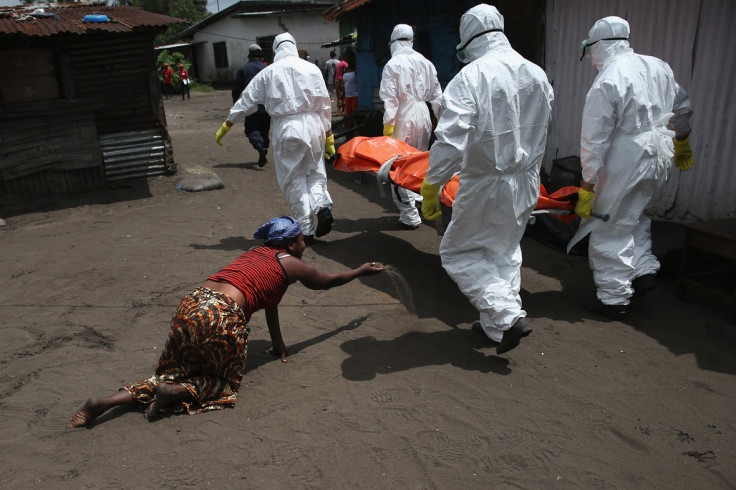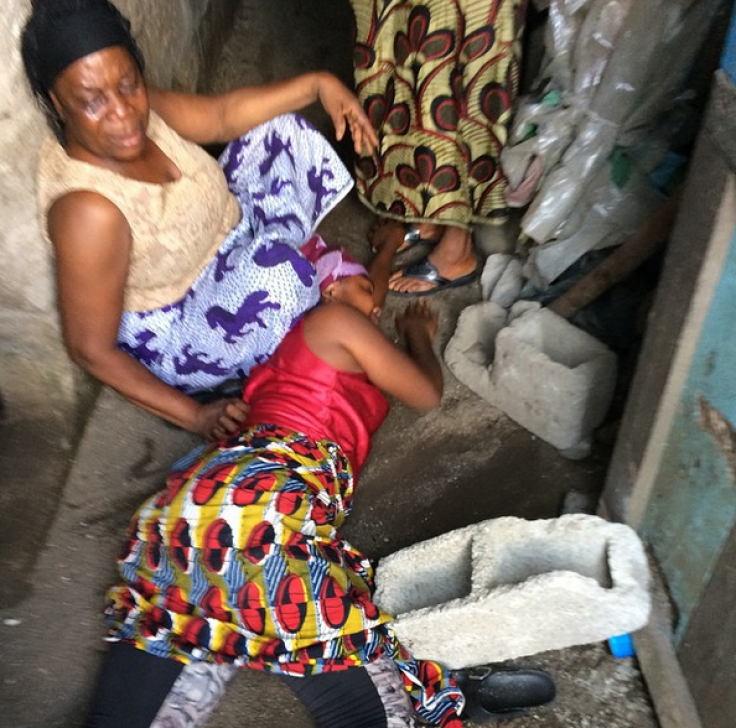Ebola: WHO recognises responsibility in the slow response to epidemic

The World Health Organization (WHO) has now recognised it was "behind the curve" when it came to setting out "an effective and adequate response" in the early stages of the Ebola epidemic that has so far killed 10,892.
The virus outbreak was first reported in March 2014 in south-eastern Guinea, but it was not until 8 August that WHO raised the international alarm.
Requested during the special session of the executive board on Ebola in January 2015, WHO's Ebola Interim Assessment Panel found that the United Nations (UN) agency had failed to mobilise the broader humanitarian systems, including non-governmental organisation resources, such as community development workers and volunteers, in the early stages of the spread.
"Given WHO's extensive experience with outbreaks, health promotion and social mobilisation, it is surprising that it took until August or September 2014 to recognise that Ebola transmission would be brought under control only when surveillance, community mobilisation and the delivery of appropriate health care to affected communities were all put in place simultaneously," the report found.
'All behind the curve'
According to the document, published on 11 May, it is still unclear to the panel "why early warnings, approximately from May through to July 2014, did not result in an effective and adequate response".

"Although WHO drew attention to the 'unprecedented outbreak' at a press conference in April 2014, this was not followed by international mobilisation and a consistent communication strategy," the report said.
The countries most affected, other WHO member states, the WHO secretariat, and the wider global community were all "behind the curve" of the rapid spread of the Ebola virus.
"Many of the non-governmental organisations that were on the ground in the affected countries, running development or humanitarian programmes, were faced with having to respond to a situation for which they were not well prepared; they lacked normative guidance and no adequate coordination mechanisms existed."
The WHO's panel confirmed it is continuing to explore reasons for this delay, including "political, cultural, organisational and financial factors".
MSF blamed WHO over epidemic response
In March, aid agency Medecins Sans Frontieres (Doctors Without Borders, MSF) accused WHO of having delayed calling Ebola a public health emergency of international concern (PHEIC), which it said would have enabled a more rapid response to the crisis.
At the time, WHO, the only agency with the authority to lead a global response to health crises by diverting financial, human and logistical resources to epidemic response, said it was aware of how dire the situation was and stuck to its legal framework regarding a PHEIC declaration.
Emails, allegedly showing the WHO had intentionally delayed calling Ebola a PHEIC, were also released.
The reasons the UN agency cited in internal deliberations include worries that the PHEIC could anger the African countries involved, hurt their economies, or interfere with the Muslim pilgrimage to Mecca.
WHO denied that politics swayed its decision to declare an international emergency over the spread of the Ebola virus.
MSF, however, maintained the UN's resistance to call the Ebola outbreak in West Africa a public health emergency until last summer hampered its ability to contain the epidemic.
"Not having the emergency situation declared immediately had an impact on human lives," MSF's emergency coordinator in Guinea, where the virus killed 2261, told IBTimes UK.
"If the declaration had been done straight away, more people would have had the opportunity to learn about the illness and start working on it earlier. So, evidently, we could have limited the epidemic."
© Copyright IBTimes 2024. All rights reserved.






